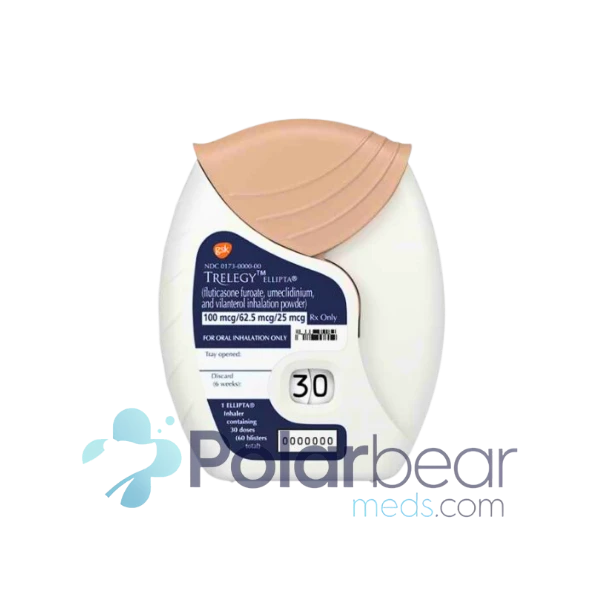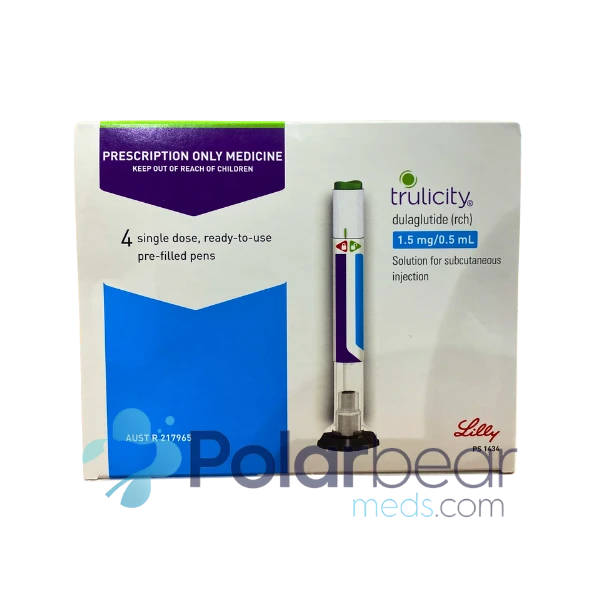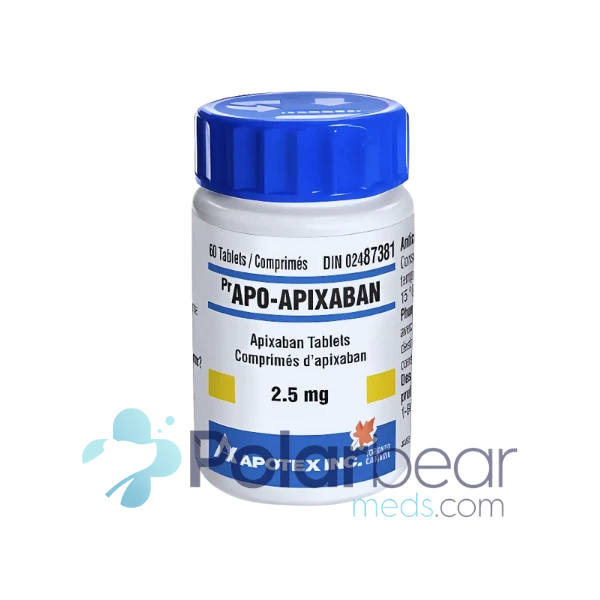
Can You Take Rybelsus if You Are Not Diabetic? Rybelsus Use for Weight Loss in Non-Diabetics
HOME | DIABETES EDUCATION | CAN YOU TAKE RYBELSUS IF YOU ARE NOT DIABETIC? WEIGHT LOSS
You’re considering taking Rybelsus for weight loss, but you’re not diabetic. Well, here’s the deal: Rybelsus is primarily used to treat type 2 diabetes, but it can also help reduce weight in non-diabetic individuals, especially those with a BMI of 30 or higher. On average, Rybelsus can help you lose around 10-15% of your body weight over 68 weeks.
It works by slowing down gastric emptying, reducing hunger, and increasing feelings of fullness, leading to a reduction in caloric intake. However, remember that Rybelsus is used off-label for weight loss, and it’s essential to discuss the benefits and risks with a healthcare professional before starting treatment. Want to know more about its effects and potential side effects?
Main Points
• Rybelsus can be used for weight loss in non-diabetic individuals, particularly those with a BMI of 30 or higher.
• In clinical trials, Rybelsus has been shown to promote significant weight loss in non-diabetic individuals, with an average weight loss of 10-15% of body weight.
• The typical dosage of Rybelsus for weight loss in non-diabetic patients is 2.4 mg or 4 mg once daily, taken with food to reduce stomach upset.
• Rybelsus use for weight loss in non-diabetic patients is off-label and not approved by the FDA, which may put patients at risk for hypoglycemia and other side effects.
• It’s essential to consult a healthcare professional to discuss potential benefits and risks and weigh the costs before using Rybelsus for weight loss.
Understanding Rybelsus and Weight Loss
Considering Rybelsus for weight loss, it’s essential to understand how this medication, primarily used to treat type 2 diabetes, can also aid in weight reduction in non-diabetic individuals, particularly those with a BMI of 30 or higher.
Rybelsus has been shown to result in an average weight loss of around 10-15% of body weight in non-diabetic patients over 68 weeks.
This is because Rybelsus slows gastric emptying, reduces hunger, and increases feelings of fullness, leading to a reduction in caloric intake.
While Rybelsus isn’t for weight loss in non-diabetic patients, some healthcare providers may prescribe it off-label for this purpose, especially for patients with obesity and related health conditions.
When you consider Rybelsus for weight loss, it’s vital to understand how it works and its potential benefits.
You’ll want to discuss with your healthcare provider how Rybelsus can support your weight management goals, especially if you have a high BMI.
Rybelsus for Non-Diabetic Patients
Since you’re investigating the possibility of using Rybelsus for weight loss, it’s important to understand how this medication can benefit non-diabetic patients, particularly those struggling with obesity.
While Rybelsus is primarily used to manage type 2 diabetes, its use for weight loss in non-diabetic patients is still a topic of interest.
In clinical trials, Rybelsus has been shown to promote significant weight loss in non-diabetic individuals, with an average weight loss of around 10-15% of body weight.
This is likely due to its ability to reduce hunger and increase feelings of fullness, leading to a reduction in caloric intake.
However, it’s essential to note that Rybelsus isn’t a magic pill, and you’ll still need to follow a healthy diet and exercise regularly to achieve and maintain weight loss.
Furthermore, Rybelsus can cause serious side effects, so it’s vital to discuss the potential benefits and risks with your healthcare provider before taking Rybelsus for weight loss.
If you’re considering taking Rybelsus for weight loss, be sure to weigh the pros and cons carefully and investigate alternative options, such as Ozempic, before deciding.
Potential Side Effects of Rybelsus
You may experience some side effects during taking Rybelsus, including mild to moderate gastrointestinal issues that are usually temporary. These common side effects can include nausea, vomiting, diarrhea, and abdominal pain. Nausea is the most common side effect of Rybelsus, affecting up to 44% of patients, especially during the initial few weeks of treatment.
Nausea, vomiting, and diarrhea are most common when first starting RYBELSUS® and when your dose increases. In studies, gastrointestinal side effects were more common in people taking RYBELSUS® than in people taking placebo, and people taking RYBELSUS® were more likely to stop treatment because of these side effects.
https://www.rybelsus.com/taking-rybelsus/what-to-expect-with-rybelsus.html#:
However, in rare cases, Rybelsus can cause serious side effects. Rybelsus may cause pancreatitis, a potentially life-threatening condition, although the exact risk is unclear. Furthermore, Rybelsus can cause hypoglycemia (low blood sugar) in some patients, especially in conjunction with other diabetes medications.
It’s also possible to have an allergic reaction to Rybelsus, which can be severe. If you experience symptoms such as difficulty breathing, rapid heartbeat, or swelling of the face, lips, tongue, or throat, seek medical attention immediately.
Dosage and Administration Guide
During using Rybelsus for weight loss, your doctor will typically start you on a low dose and gradually increase it if needed and tolerated to minimize side effects.
This is because the goal is to find the sweet spot where you’re losing weight without experiencing unpleasant symptoms.
The typical dosage of Rybelsus for weight loss in non-diabetic patients is 2.4 mg or 4 mg once daily, which is lower than the approved dosage for type 2 diabetes.
You take Rybelsus with food to reduce stomach upset.
Regarding the cost, it may vary depending on your insurance and location, but it’s essential to discuss this with your doctor to make certain it fits your budget.
Remember, Rybelsus use for weight loss is off-label, so it’s vital to weigh the benefits against the potential risks and costs.
Rybelsus Vs Other Weight Loss Meds
Considering Rybelsus for weight loss, it’s essential to weigh its benefits against those of other medications specifically approved for weight management, such as Wegovy, Saxenda, and Qsymia.
When you examine your options, you might wonder how Rybelsus stacks up against these medications. For starters, Rybelsus isn’t approved by the FDA for weight loss in non-diabetic patients, unlike Wegovy, which is specifically approved for chronic weight management.
Saxenda, another GLP-1 receptor agonist, is approved for weight management in adults with a BMI of 30 or higher, or 27 or higher with at least one weight-related condition. Rybelsus, on the other hand, is approved for type 2 diabetes and cardiovascular risk reduction, but not for weight loss.
If you’re considering Rybelsus for weight loss, it’s vital to understand its limitations compared to other medications. Qsymia, for example, works differently, using a combination of phentermine and topiramate to aid in weight loss.
Meanwhile, Rybelsus and Ozempic, both GLP-1 medications, have distinct uses – Ozempic is approved for type 2 diabetes, while Rybelsus is approved for type 2 diabetes and cardiovascular risk reduction.
Who Should Avoid Rybelsus
Rybelsus may not be suitable for everyone, particularly individuals with a history of pancreatitis, thyroid C-cell tumors, or multiple endocrine neoplasia syndrome type 2, since it can increase the risk of these conditions.
You should also be cautious if you have a family history of these conditions or are prone to pancreatitis.
Rybelsus isn’t approved for weight loss in non-diabetics, and its use for this purpose is considered off-label.
If you’re considering Rybelsus for weight loss, it’s essential to talk to your doctor before taking it.
Rybelsus may not be right for you, especially if you’re not suitable for Rybelsus or have certain health conditions.
People with type 2 diabetes may benefit from Rybelsus, but it’s vital to weigh the benefits against the potential risks.
Before taking Rybelsus, discuss your options with your doctor to determine if it’s suitable for you.
Remember, Rybelsus is primarily designed for managing type 2 diabetes, not for weight loss in non-diabetics.
Always consult your doctor before taking Rybelsus for weight loss or any other purpose.
Rybelsus and Food Interactions
While taking Rybelsus, you’ll want to be mindful of your diet to minimize side effects and optimize the medication’s effects.
Eating high-fat foods can make Rybelsus tablets less effective and cause side effects such as nausea.
So, try to avoid foods with a great deal of fat, such as butter, fatty meats, fried foods, and full-fat dairy products.
Instead, opt for healthier protein choices such as baked chicken or fish, and swap butter for olive oil.
Adding plenty of veggies to your meals can help you stay healthy and keep your saturated fat intake low, which is essential in taking Rybelsus.
You should also limit or avoid spicy foods, sugary drinks, and foods with high sugar content to minimize side effects and maintain stable blood sugar levels.
By making these adjustments, you can use Rybelsus with food more effectively and achieve your weight loss goals.
Is Rybelsus Safe for Non-Diabetics
Contemplating using Rybelsus for weight loss without a diabetes diagnosis, it’s essential to weigh the potential benefits against the unknown risks.
As you consider Rybelsus for weight management, bear in mind that it’s primarily designed for people with type 2 diabetes. While it may aid in weight loss by influencing appetite and slowing digestion, its use for weight loss in non-diabetic patients is off-label and not approved by the FDA.
You should be aware that Rybelsus may cause serious side effects, including hypoglycemia, pancreatitis, thyroid cancer, and allergic reactions. Since Rybelsus is designed to lower blood sugar levels, non-diabetic patients taking it may be at risk for hypoglycemia.
The long-term effects of taking Rybelsus for weight loss in non-diabetic individuals are unknown, and potential risks are still being studied. So, is Rybelsus safe for non-diabetics? The answer is, it’s not entirely clear.
Before taking Rybelsus, you should consult with a healthcare professional to discuss the potential benefits and risks and determine if it’s a suitable option for your individual needs.
Weighing the Benefits and Risks
Considering Rybelsus for weight loss, you need to carefully weigh the potential benefits against the potential risks and unknown long-term effects.
While it’s true that Rybelsus, a diabetes medication, has been shown to aid in weight loss, it’s essential to examine the bigger picture.
On the one hand, Rybelsus has been proven to help with weight management, resulting in an average weight loss of 10-15% of initial body weight in clinical trials.
On the other hand, the use of Rybelsus for weight loss in non-diabetic individuals is considered off-label, and the FDA hasn’t approved it for this purpose.
Additionally, serious side effects, including nausea, vomiting, and increased risk of pancreatitis and thyroid C-cell tumors, are possible.
When you evaluate the benefits and risks, bear in mind that Rybelsus is a type 2 diabetes medication, not a weight loss drug.
It’s vital to consult your doctor before taking Rybelsus for weight loss, since they can help you make an informed decision about the potential benefits and risks of using Rybelsus for weight loss.
Frequently Asked Questions
Can a Non-Diabetic Take Rybelsus for Weight Loss?
Rybelsus is not approved for non-diabetics. It may aid in weight loss, but its use for this purpose is off-label. Consult your doctor about potential risks and benefits before taking it.
Can My Doctor Prescribe Rybelsus for Weight Loss?
Your doctor can prescribe Rybelsus for weight loss, but they’ll need to evaluate your health and medical history first.
What Happens if You Take Semaglutide and You Don’t Have Diabetes?
Taking semaglutide without diabetes can lead to weight loss, but it also increases the risk of nausea and abdominal pain. Consult a doctor before using it for weight loss.
Is Ozempic Safe for Weight Loss if You Are Not Diabetic?
Ozempic, a medication for type 2 diabetes, is sometimes used off-label for weight loss in non-diabetics. However, it’s crucial to consult a doctor, as individual results vary and potential side effects like nausea and diarrhea need consideration.
Choose your platform, share this story!
Facebook Twitter LinkedIn Pinterest






















